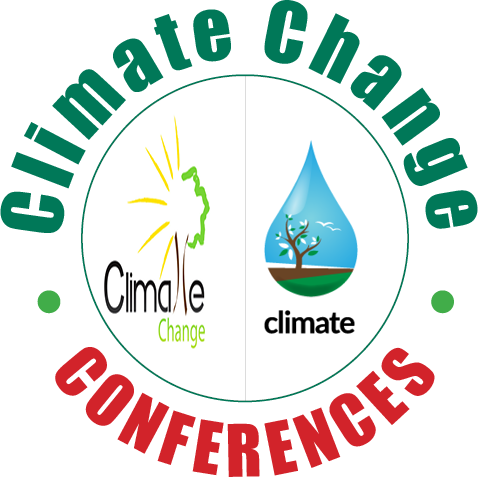
Guy M Robinson
University of Adelaide, Australia
Title: Adapting to climate change: Lessons from farmers and peri-urban residents in South Australia
Biography
Biography: Guy M Robinson
Abstract
This paper reports on results from two major research projects conducted in South Australia. The first investigates adaptation to climate change in two of the state’s major grain and sheep farming regions, using semi-structured interviews. The second uses a postal questionnaire and internet-based surveys of residents in the peri-urban fringes of Adelaide, the state capital, to examine knowledge of and attitudes to climate change and resulting adaptations, especially in the context of increasing risk of wildfires.
The research on climate change adaptation in agriculture focused on formal institutions (e.g. government agencies) and communities of practice (e.g. farm systems groups). Both groups noted that farmers autonomously adapt to various risks, including those induced by climate variability; however, the types and levels of adaptation varied among individuals because of barriers to adaptation. The lack of communication and engagement processes established between formal institutions and communities of practice was one major barrier. The paper presents and discusses a model for transferring knowledge and information on climate change among formal institutions, communities of practice, trusted individual advisors and farmers, and for supporting the co-management of climate change across multiple groups in rural areas in Australia and elsewhere.
The research in the peri-urban fringe revealed that actions taken by individuals to mitigate climate change were linked to the nature of environmental values held (or their ecological worldview) and place attachment. Individuals with a strong place attachment to the study area (the Adelaide Hills) who possessed knowledge of and/or beliefs in climate change were most likely to take mitigating actions. This was also linked to previous experience of major risk from wildfires. A model developed from this study is proposed as part of a process to develop effective climate change policy and educational strategies.

